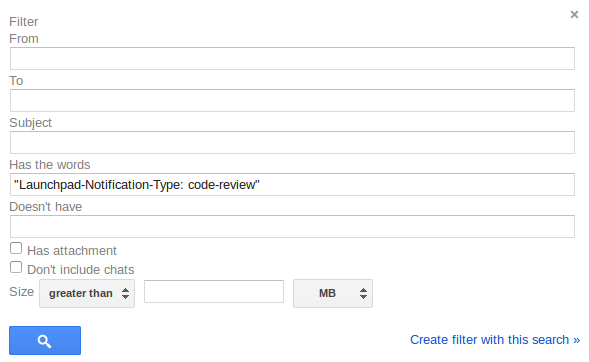PPAs for ppc64el
Tuesday, October 27th, 2015Personal package archives on Launchpad only build for the amd64 and i386 architectures by default, which meets most people’s needs. Anyone with an e-mail address can have a PPA, so they have to be securely virtualised, but that’s been feasible on x86 for a long time. Dealing with the other architectures that Ubuntu supports (currently arm64, armhf, powerpc, and ppc64el) in a robust and scalable way has been harder. Until recently, all of those architectures were handled either by running one builder per machine on bare metal, or in some cases by running builders on a small number of manually-maintained persistent virtual machines per physical machine. Neither of those approaches scales to the level required to support PPAs, and we need to make sure that any malicious code run by a given build is strictly confined to that build. (We support virtualised armhf PPAs, but only by using qemu-user-static in an amd64 virtual machine, which is very fragile and there are many builds that it simply can’t handle at all.)
We’ve been working with our sysadmins for several months to extend ScalingStack to non-x86 architectures, and at the start of Ubuntu’s 16.04 development cycle we were finally able to switch all ppc64el builds over to this system. Rather than four builders, we now have 30, each of which is reset to a clean virtual machine instance between each build. Since that’s more than enough to support Ubuntu’s needs, we’ve now “unrestricted” the architecture so that it can be used for PPAs as well, and PPA owners can enable it at will. To do this, visit the main web page for your PPA (which will look something like “https://launchpad.net/~<person-name>/+archive/ubuntu/<ppa-name>”) and follow the “Change details” link; you’ll see a list of checkboxes under “Processors”, and you can enable or disable any that aren’t greyed out. This also means that you can disable amd64 or i386 builds for your PPA if you want to.
We’re working to extend this to all the existing Ubuntu architectures at the moment. arm64 is up and running but we’re still making sure it’s sufficiently robust; armhf will run on arm64 guests, and just needs a kernel patch to set its uname correctly; and powerpc builds will run in different guests on the same POWER8 compute nodes as ppc64el once we have suitable cloud images available. We’ll post further announcements when further architectures are unrestricted.





